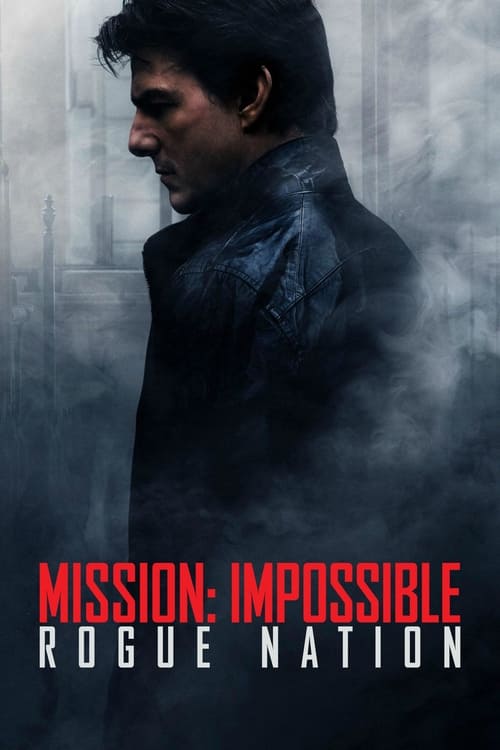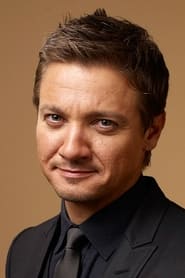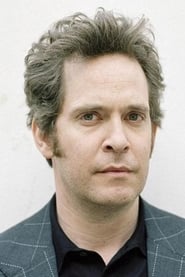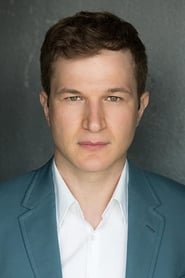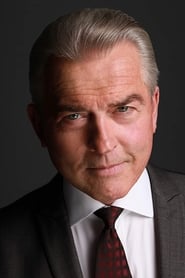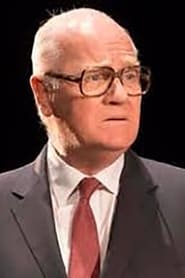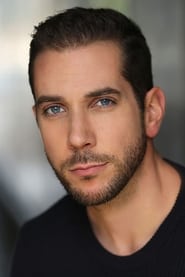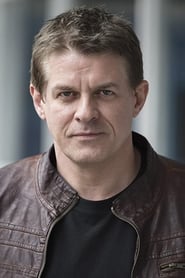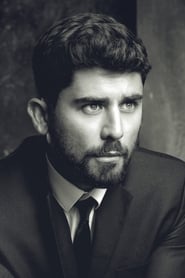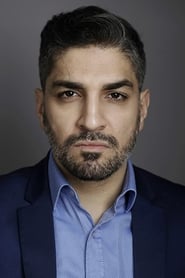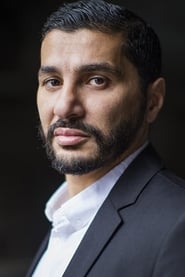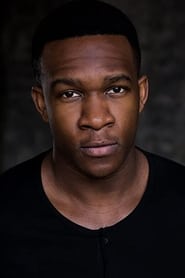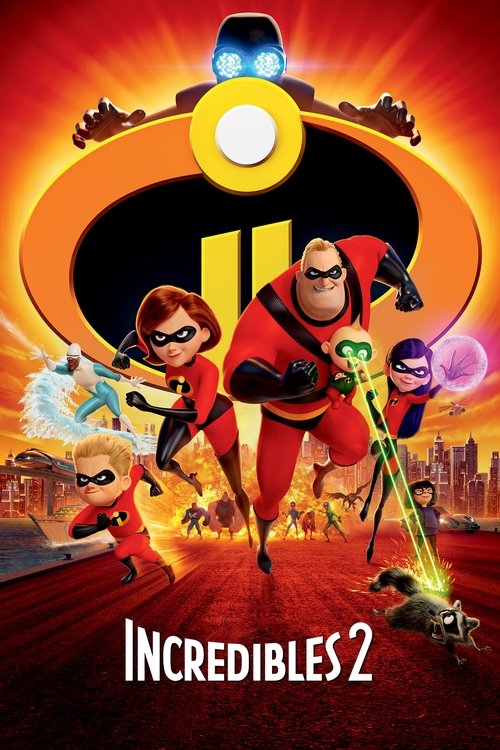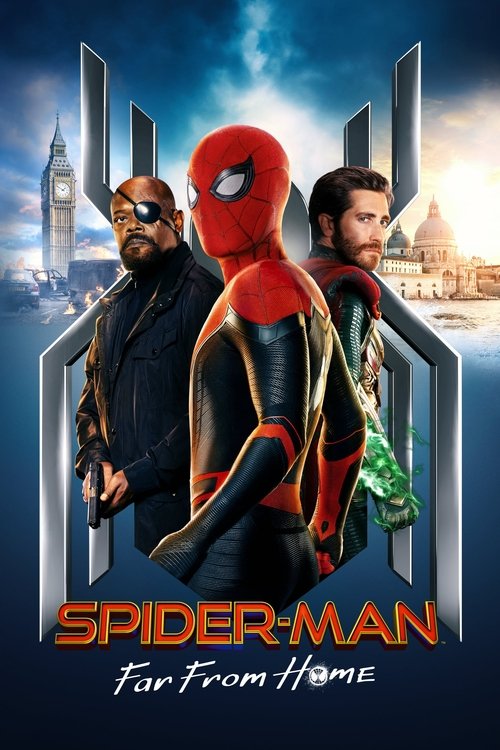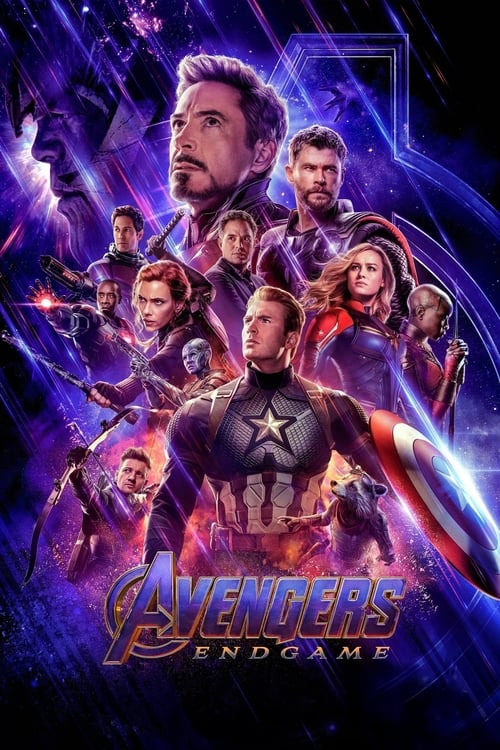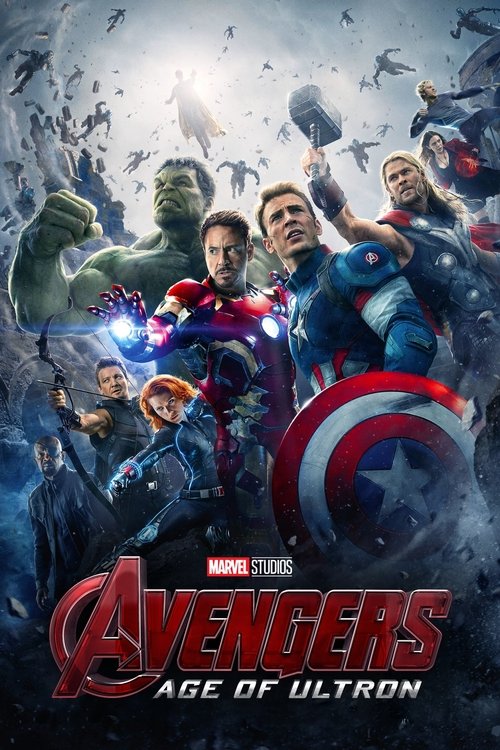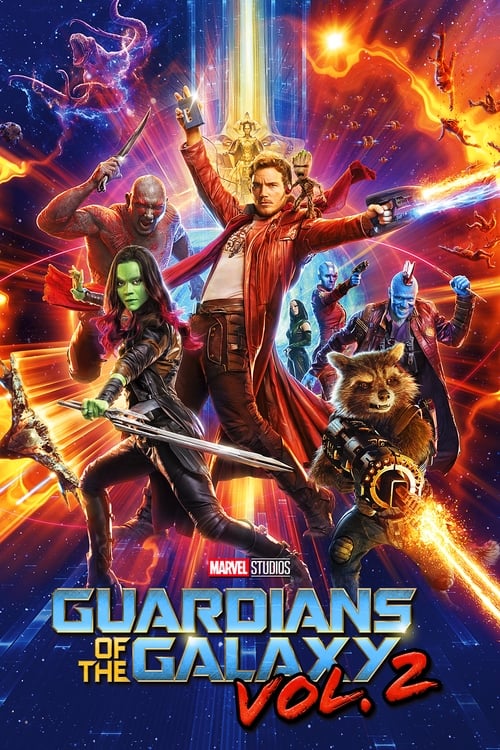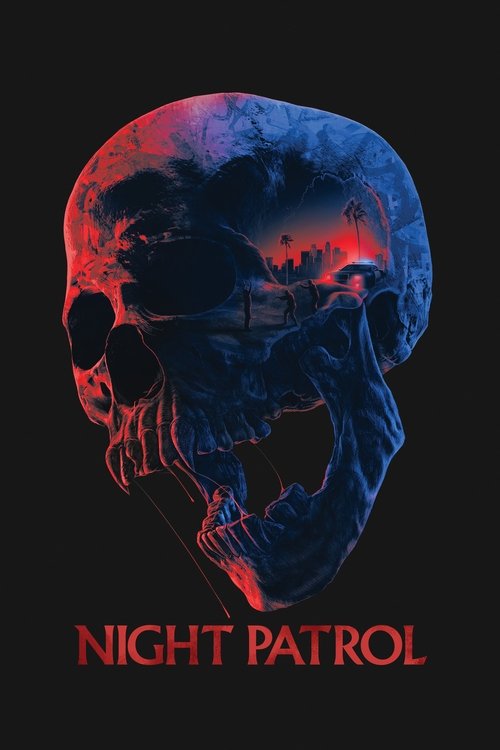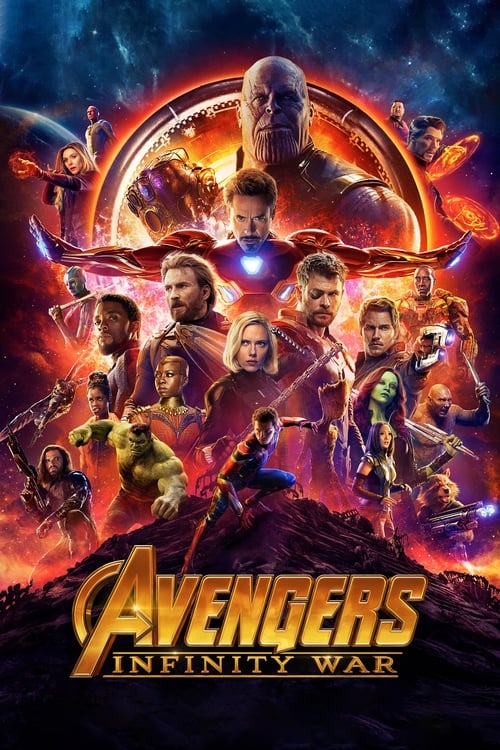
Ask Your Own Question
What is the plot?
The film opens with an electrifying sequence: Ethan Hunt, an IMF agent played by Tom Cruise, clings to the side of a military cargo plane as it roars down the runway and lifts into the sky. The plane is transporting a shipment of deadly nerve gas from Minsk, and Ethan's mission is to prevent it from reaching terrorists. With the help of his tech-savvy allies, Benji Dunn and Luther Stickell, who remotely open the plane's cargo doors, Ethan secures the nerve gas pallet and parachutes it safely away from the aircraft. This daring act sets the stakes immediately--there is a shadowy, ruthless enemy behind this shipment, and Ethan is determined to stop them.
Shortly after, Ethan arrives at an IMF station in London to receive his next orders, but the briefing is compromised. The Syndicate, a clandestine organization formed by rogue intelligence operatives presumed dead, has infiltrated the station. Ethan is captured and forced into a gas chamber, where he helplessly watches a blond man wearing glasses--later revealed as a Syndicate assassin--murder an IMF operative. This chilling moment reveals the Syndicate's cold efficiency and their intent to dismantle the IMF from within.
In Washington D.C., CIA Director Alan Hunley argues before a Senate committee to disband the IMF, citing their reckless past actions, including a near-catastrophic bombing of the Kremlin that almost triggered nuclear war. Hunley's political maneuvering is ruthless; he insists that the IMF's assets be absorbed into the CIA, claiming it will bring more oversight and control. William Brandt and Benji Dunn are forced to work under CIA supervision, while Luther Stickell resigns in protest. Ethan, meanwhile, refuses to surrender and becomes a fugitive, hunted by the very agency he once served.
Ethan's capture leads to a brutal torture scene at an undisclosed location, where Janik "Bone Doctor" Vinter, a sadistic ex-KGB operative working for the Syndicate, subjects him to intense physical torment. Just as Ethan's situation seems hopeless, Ilsa Faust, an enigmatic MI6 agent with ambiguous loyalties, intervenes. She frees Ethan, but her true allegiance remains unclear--she is both a Syndicate operative and an ally to Ethan, walking a dangerous line between deception and cooperation.
Six months later, Ethan, still a fugitive, covertly contacts Benji and arranges a meeting at the Vienna State Opera during a performance of Puccini's Turandot. At the opera house, Ethan and Benji work to track the blond Syndicate assassin who killed the IMF operative in London. Ilsa is also present, maintaining her cover among the Syndicate agents who plan to assassinate the Austrian Chancellor during the performance. Ethan's quick thinking and daring prevent the assassination attempt in the opera house itself, but the Chancellor is later killed by a car bomb, underscoring the Syndicate's relentless reach and ruthlessness.
As Ethan and Benji evade Syndicate agents in Vienna, they are forced to release Ilsa to protect her cover, even as CIA Director Hunley blames them both for the Chancellor's death and orders the CIA's Special Activities Division to capture or kill them. Brandt, still loyal to Ethan, tracks down Luther and persuades him to rejoin the fight against the Syndicate. The team begins to unravel the Syndicate's far-reaching conspiracy.
Ilsa, carrying a mysterious encrypted drive known as the "red box," attempts to pass it to her MI6 handler, Attlee, in London. The drive, initially believed to be a ledger of Syndicate agents, is revealed to be a British government device requiring the Prime Minister's biometrics to unlock. Attlee, however, betrays Ilsa, forcing her back to the Syndicate and erasing the drive's data. This twist exposes the complex web of espionage and double-crossing at play, with even MI6 compromised by Syndicate influence.
Ethan infiltrates a charity auction in London, disguised as Attlee, where the British Prime Minister is present. In a tense confrontation, Ethan exposes the Syndicate's existence publicly, forcing the Prime Minister to confirm that the Syndicate is a secret project designed to conduct covert missions without oversight, challenging the legitimacy of intelligence agencies worldwide. This revelation is a pivotal moment, exposing the Syndicate's insidious agenda and shaking the foundations of global intelligence.
The climax unfolds in Morocco, where Ethan and his team track Solomon Lane, the Syndicate's ruthless leader, to a submarine base. Ethan undertakes a daring underwater infiltration, using scuba gear and stealth tactics to breach the heavily guarded facility. The final confrontation between Ethan and Lane is intense and personal--after a fierce hand-to-hand fight, Ethan captures Lane alive, ending the Syndicate's immediate threat.
Meanwhile, Brandt and Benji rescue Ilsa and secure the encrypted drive. The film closes with CIA Director Hunley acknowledging Ethan's success and the Syndicate's danger, reluctantly conceding that the IMF's unconventional methods were necessary. Ethan and Ilsa part ways ambiguously, their complex relationship unresolved but charged with mutual respect and unspoken understanding. Ethan prepares for his next mission, the world still a dangerous place, but for now, the Syndicate is defeated.
Throughout the film, every death is significant and serves to heighten the stakes: the unnamed IMF station operative killed by the Syndicate assassin in London, the Austrian Chancellor assassinated by a car bomb after the opera, and the relentless Syndicate operatives who fall in pursuit of Ethan and his team. Solomon Lane's capture rather than death leaves the door open for future conflicts, but for now, Ethan Hunt's mission is complete.
The narrative is a masterful blend of high-octane action, intricate espionage, and moral ambiguity, with vivid scenes like Ethan clinging to the plane's side in the opening, the tense opera assassination attempt, the brutal torture chamber escape, and the underwater infiltration in Morocco. Dialogue such as Hunley's Senate accusations and Ethan's impersonation of Attlee at the charity auction punctuate the story with sharp political and personal stakes, making Mission: Impossible – Rogue Nation a thrilling and complex chapter in Ethan Hunt's saga.
More Movies Like This
Browse All Movies →What is the ending?
In the ending of "Mission: Impossible - Rogue Nation," Ethan Hunt and his team successfully thwart the plans of the Syndicate, a rogue organization. They manage to capture the leader, Solomon Lane, and prevent a catastrophic attack. The film concludes with Ethan receiving a call from the IMF, indicating that he is still in the game, while Ilsa Faust, who has been a key ally, disappears into the shadows.
Now, let's delve into the ending in a detailed, chronological narrative.
As the climax unfolds, Ethan Hunt, portrayed by Tom Cruise, finds himself in a high-stakes confrontation with Solomon Lane, the enigmatic leader of the Syndicate, played by Sean Harris. The scene is set in a dimly lit, abandoned warehouse where the final showdown is about to take place. The tension is palpable as Ethan, along with his trusted team members--Benji Dunn, played by Simon Pegg, and Luther Stickell, portrayed by Ving Rhames--execute a meticulously planned operation to capture Lane.
The atmosphere is thick with suspense as Ethan and his team infiltrate the warehouse. They are aware that Lane has a plan to unleash chaos, and time is of the essence. As they navigate through the shadows, the stakes rise when they encounter armed Syndicate operatives. A fierce firefight ensues, showcasing the team's agility and combat skills. Benji, who has been the comic relief throughout the film, steps up, displaying unexpected bravery as he helps Ethan take down several adversaries.
In a pivotal moment, Ethan confronts Lane directly. The two engage in a tense dialogue, revealing Lane's motivations and his belief in the necessity of chaos. Ethan, embodying the spirit of the IMF, stands firm in his conviction that order must prevail. The confrontation escalates, leading to a dramatic chase sequence that spills out into the streets. The cinematography captures the urgency of the moment, with close-ups of Ethan's determined expression and wide shots of the chaotic environment around him.
As the chase reaches its peak, Ethan and his team manage to corner Lane. In a final act of defiance, Lane attempts to escape, but Ethan, with the help of Ilsa Faust, played by Rebecca Ferguson, who has been a complex ally throughout the film, manages to outsmart him. Ilsa, who has been torn between her loyalty to Ethan and her past with the Syndicate, ultimately chooses to help Ethan, showcasing her growth as a character.
In a climactic moment, they successfully capture Lane, and the team breathes a sigh of relief. The camera pans to show the aftermath of the confrontation, with the Syndicate's plans thwarted and Lane in custody. The emotional weight of the victory is felt as Ethan reflects on the cost of their mission and the sacrifices made along the way.
As the film draws to a close, Ethan receives a call from the IMF, indicating that he is still a vital part of the organization. The scene shifts to Ilsa, who, despite her pivotal role in the mission, chooses to disappear into the shadows, leaving Ethan with a bittersweet sense of loss. Her departure signifies the complexity of their relationship and the sacrifices they both made for the greater good.
In the final moments, the camera captures Ethan's resolute expression, hinting at his unwavering commitment to his mission and the ongoing fight against threats like the Syndicate. The film ends on a note of uncertainty, with Ethan ready to face whatever challenges lie ahead, embodying the essence of a true agent of the IMF.
In summary, Ethan Hunt emerges victorious, Solomon Lane is captured, and Ilsa Faust's fate remains ambiguous as she chooses to walk away, leaving the audience with a sense of both closure and lingering questions about loyalty and sacrifice.
Is there a post-credit scene?
In "Mission: Impossible - Rogue Nation," there is no post-credit scene. The film concludes with the main storyline wrapped up, and the final moments focus on Ethan Hunt and his team celebrating their victory. The absence of a post-credit scene allows the audience to leave the theater with the resolution of the film's plot, emphasizing the completion of their mission against the Syndicate and the reaffirmation of their camaraderie. The film ends on a high note, showcasing the team's bond and their readiness for future challenges, but it does not tease any additional content or future installments.
What role does Ilsa Faust play in the story?
Ilsa Faust, portrayed by Rebecca Ferguson, is a pivotal character who initially appears to be an ally but has her own ambiguous motives. As a double agent, she is deeply intertwined with the Syndicate and has a complicated relationship with Ethan Hunt. Her character adds layers of intrigue and tension, as she oscillates between helping Hunt and pursuing her own agenda. Ilsa's emotional struggle and her evolving trust in Hunt create a dynamic that drives much of the film's narrative.
What is the significance of the Syndicate in Mission: Impossible - Rogue Nation?
The Syndicate is a central antagonist organization in the film, representing a rogue nation of operatives who have gone off the grid. Led by the enigmatic Solomon Lane, the Syndicate poses a significant threat to global security, as they execute high-stakes operations that challenge the authority of the IMF. Their existence forces Ethan Hunt and his team to operate in secrecy and with limited resources, highlighting the film's tension between loyalty to their mission and the dangers posed by this shadowy group.
How does Ethan Hunt escape from the underwater vault?
In a thrilling sequence, Ethan Hunt infiltrates a secure underwater vault to retrieve a crucial item. He uses a combination of advanced diving equipment and precise timing to hold his breath while navigating through the vault's complex security measures. The scene is tense, showcasing Hunt's determination and resourcefulness as he faces the physical challenge of escaping before his oxygen runs out, emphasizing his character's resilience and commitment to the mission.
What is the relationship between Ethan Hunt and William Brandt?
William Brandt, played by Jeremy Renner, serves as a key ally to Ethan Hunt throughout the film. Their relationship is built on mutual respect and camaraderie, as Brandt often acts as the voice of reason and a stabilizing force within the team. As the IMF faces external threats, Brandt's loyalty to Hunt is tested, particularly when the agency is disavowed. Their bond reflects the themes of trust and teamwork, as they navigate the challenges posed by the Syndicate.
How does Solomon Lane's character develop throughout the film?
Solomon Lane, portrayed by Sean Harris, is introduced as a cunning and manipulative antagonist whose motivations are gradually revealed. As the leader of the Syndicate, he embodies a philosophical challenge to the IMF, believing in the necessity of chaos to bring about change. Throughout the film, Lane's character is marked by his calm demeanor and strategic thinking, making him a formidable opponent for Ethan Hunt. His interactions with Hunt reveal his intelligence and the depth of his convictions, culminating in a tense confrontation that underscores the stakes of their ideological battle.
Is this family friendly?
"Mission: Impossible - Rogue Nation" is rated PG-13 and contains several elements that may not be suitable for younger audiences or sensitive viewers. Here are some potentially objectionable or upsetting aspects:
-
Intense Action Sequences: The film features numerous high-stakes action scenes, including car chases, hand-to-hand combat, and a dramatic plane stunt that may be intense for children.
-
Violence: There are scenes of violence, including fights and shootouts, where characters are injured or threatened. The portrayal of physical confrontations can be quite graphic.
-
Tension and Suspense: The film has a pervasive sense of danger and suspense, with characters often in life-threatening situations, which may be distressing for some viewers.
-
Mature Themes: The plot involves espionage, betrayal, and moral ambiguity, which may be complex for younger audiences to understand.
-
Language: There are instances of mild profanity throughout the film, which may not be appropriate for all viewers.
-
Romantic Elements: There are flirtatious interactions and a romantic subplot that may include suggestive dialogue, which could be uncomfortable for some families.
These elements contribute to the film's overall tone and may affect its suitability for children or sensitive viewers.

